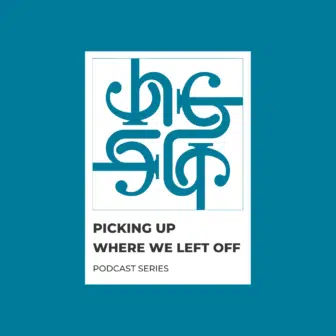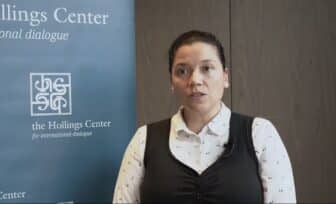June 17, 2013
Kadir Has University, Istanbul
By Aslı Mutlu, Program Coordinator
Please click here for a printer friendly PDF version of this page.

The panelists included:
- Enis Erdem Aydın, Editor, Foreign News Service, CNN Türk
- Arzu Celalifer Ekinci, Dr., Middle East and Iranian Affairs Researcher
- Ahmet K. Han, Associate Professor, Department of International Relations, Kadir Has University
- Gencer Özcan, Professor, Department of International Relations, Istanbul Bilgi University
- Serhat Güvenç (Moderator), Associate Professor, Department of International Relations, Kadir Has University
Panelists began with an overview of the election process in Iran and the conditions that led to Hassan Rouhani’s victory. Six of the 678 registered candidates passed through the elimination rounds to be eligible to run for Iran’s presidential elections. From these final six candidates, Rouhani (also spelled Rowhani) won by a vote of 50.7 % with a voter turnout of 72%. According to the panelists, the reason for Rouhani’s success was that voters were looking for a leader who would improve Iran’s dire economy and unemployment rate, guarantee civil rights and mend Iran’s isolation from the international community.

The elections are not expected to have immediate effects on Iran’s domestic and foreign policy. Arzu Celalifer Ekinci expressed that “we cannot expect radical reforms but with a good strategy and the formation of an experienced cabinet changes can be made.” In the mid-term, cultural and social pressures within Iran may also ease. Hopes are high that Rouhani will keep campaign promises to release political prisoners such as Mir Hussein Mousavi and Mehdi Karroubi, although this is not likely to occur in the short-term.


The discussion then turned to Iran’s relations with its neighbors. The Arab Spring created many opportunities for Iran to become a regional player. According to one panelist, Iran is expected to continue to take advantage of every opportunity created by the Arab Spring to improve and build relationships with Arab Spring countries and increase its influence in the region. Iran’s relations with Syria will not change as long as those in power are not anti-Iran. Turkish-Iran relations are expected to remain unchanged and the void left in Iraq will continue to bring Iran and Turkey against one another on foreign policy matters.
While President-elect Rouhani is not expected to make major changes to Iran’s foreign policy, he faces many domestic challenges. Iran is in a deep recession, marked by 60% inflation in food prices and a 12% unemployment rate. Rouhani must navigate these challenges despite relatively weak political capital. In the words of one of the panelists, in most countries, people vote to elect a candidate. In Iran, however, people vote to avoid electing other candidates. Rouhani will have to overcome serious domestic and foreign issues in a well-established political system that rarely accepts systematic changes. The international community will be watching with great interest to see if he succeeds.
For Turkish speakers who would like to read more about the event, read this article in Zaman.


